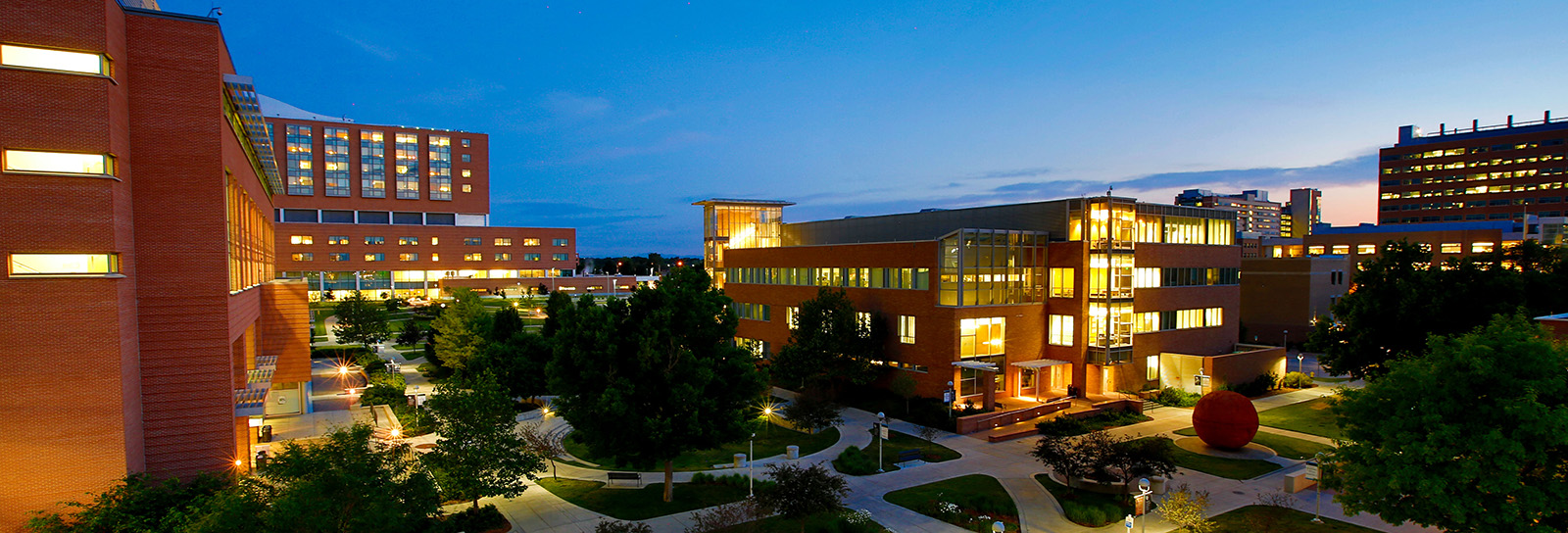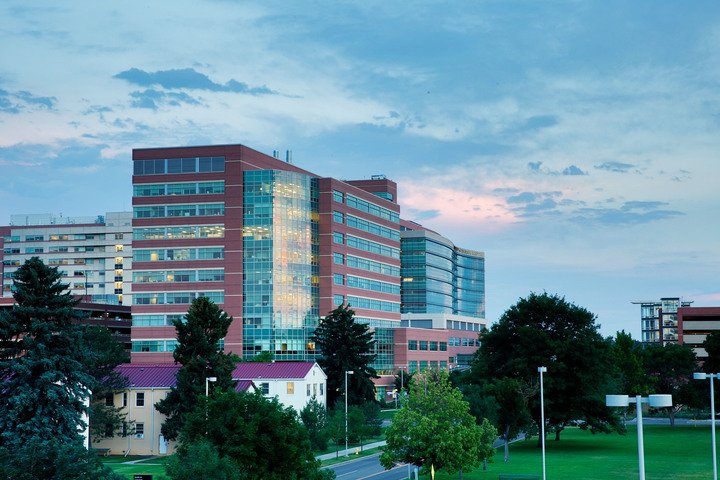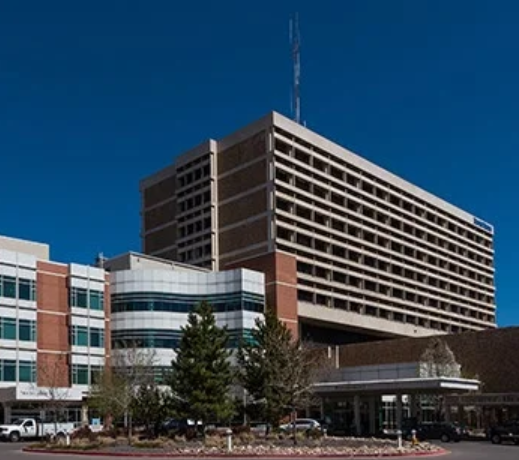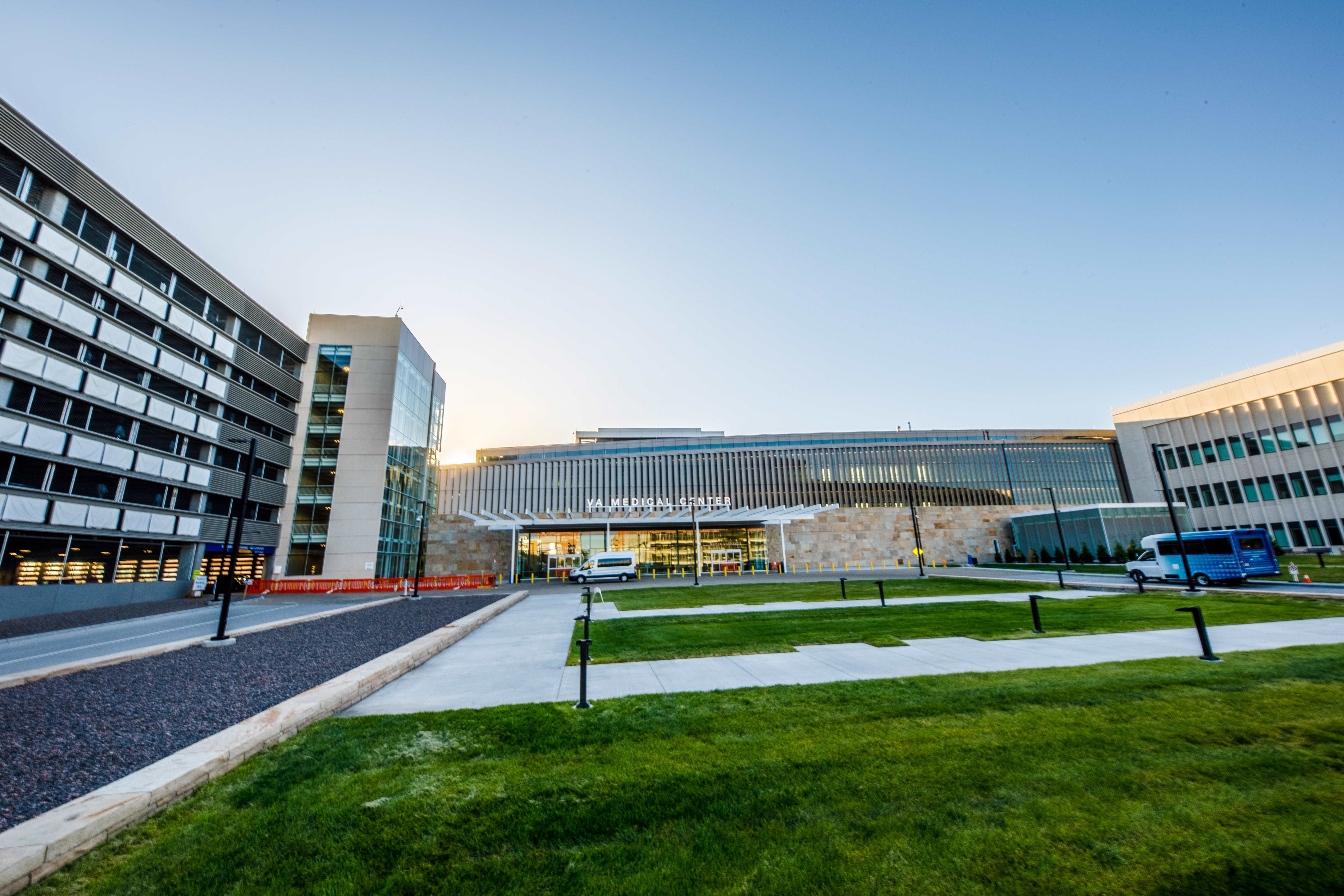
Program Overview
Over 200 postdoctoral fellows have been trained in the Division of Renal Diseases and Hypertension. A substantial number of these individuals are involved in academic careers throughout the United States and at the University of Colorado Anschutz. One of the greatest strengths of our program is the ability to provide both exceptional clinical and research training. To this end, we aim to attract the strongest possible candidates to our program.
The Division of Nephrology at the University of Colorado is regarded as one of the top nephrology programs in the United States and is ranked nationally, by the U.S. News and World Report. We have a large faculty with national and international reputations in all aspects of clinical nephrology and hypertension, medical education, and clinical, basic and translational research. Our faculty have served in leadership roles in many important societies (ASN, NKF, ISN, ABIM) and edited many well-known classic nephrology texts.
We accept five fellows each year, with applicants choosing between the following tracks:
- Two-Year Clinical Track: The clinical track trains fellows to be outstanding in clinical nephrology and prepares fellows to become leaders in patient care.
- Three-Year Research Track: The research track is designed for fellows who want to pursue a basic, clinical or translational research career in academic nephrology. Fellows have the option to pursue advanced research training towards a PhD or certificate in basic or clinical science.
- Three-Year Clinician Educator Track: The education track is designed to develop future leaders in medical education. This track focuses on the core components of educational scholarship and curriculum development.
First Year of Fellowship:
The first fellowship year is the same regardless of track. Fellows rotate through inpatient and outpatient services at the University of Colorado Hospital (consult service and transplant service), Denver Health Hospital and the VA Medical Center. The multiple hospital sites provide remarkable patient and clinical diversity and fellows receive training in all aspects of nephrology including ICU nephrology, transplant, dialysis, etc. Fellows also spend one-half day per week in an outpatient nephrology clinic. Each fellow also has at least eight weeks of elective time during the first year. We have several electives to choose from including opportunities in glomerulonephritis, toxicology, palliative care and pediatric nephrology. For fellows in the three-year tracks, this time is used to meet with faculty to begin planning for the 2nd and 3rd year of training.
Second Year of Fellowship:
All fellows continue with their one-half day per week continuity clinic. Fellows receive additional training in outpatient hemodialysis and home dialysis. Details of the second year can be found under the respective tracks.
Clinical Training Sites
UCH is a new, state-of-the-art, interdisciplinary and multispecialty academic health center and research facility, opened in 2004. This hospital provides care to patients throughout the State of Colorado and has a referral base that includes seven surrounding states. Directly adjacent to the medical campus lies the Colorado Science and Technology Park at Fitzsimons, a biotechnology haven complete with cutting-edge patient care and research facilities. The hospital serves the basic health care needs of the local community as well as provides advanced quaternary care services including solid organ transplant, bone marrow transplant, stroke care, and advanced critical care. Renal Transplant training occurs at the University of Colorado Hospital.
Denver Health is a Level-One Trauma Center, providing integrated primary and acute care to 25% of the residents of Denver, Colorado. Denver Health is a nationally renowned model for “safety net” hospital systems with its unique integration of inpatient, urgent care, and outpatient facilities with shared diagnostic facilities and electronic medical records. The Denver Health care system consists of a main hospital and 8 outlying community clinics. The patient population is very diverse, with a spectrum of indigent to fully-insured patients. Additionally, there is a large Spanish-speaking population.
The VA Eastern Colorado Health Care System/Denver VA Medical Center is a premier hospital within the VA system in a new state of the art facility located on the Anschutz Medical Campus, serving veterans and their families from Colorado and the surrounding region. The hospital is equipped with a fully staffed ICU, complete imaging capabilities, and subspecialty care.


